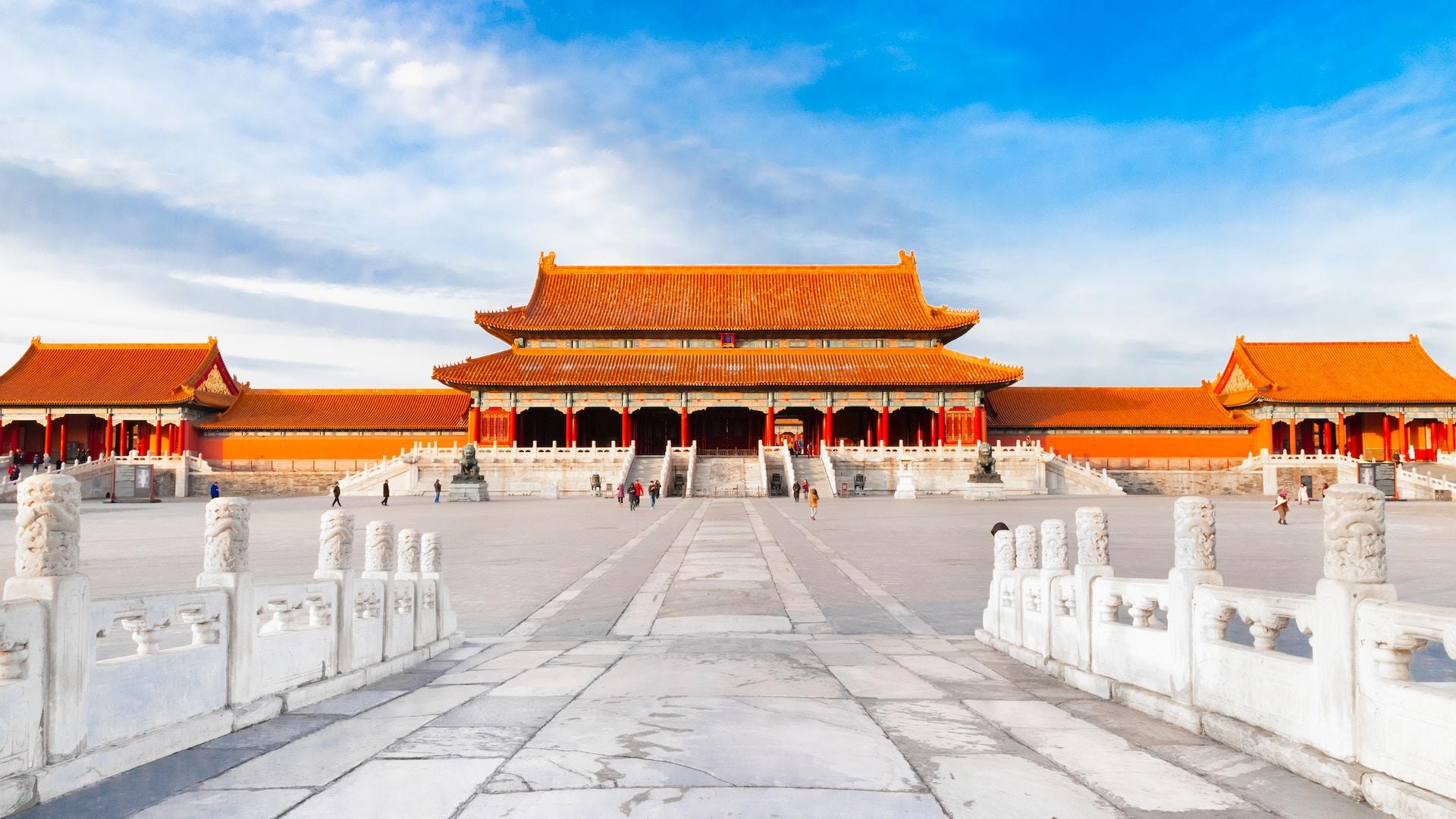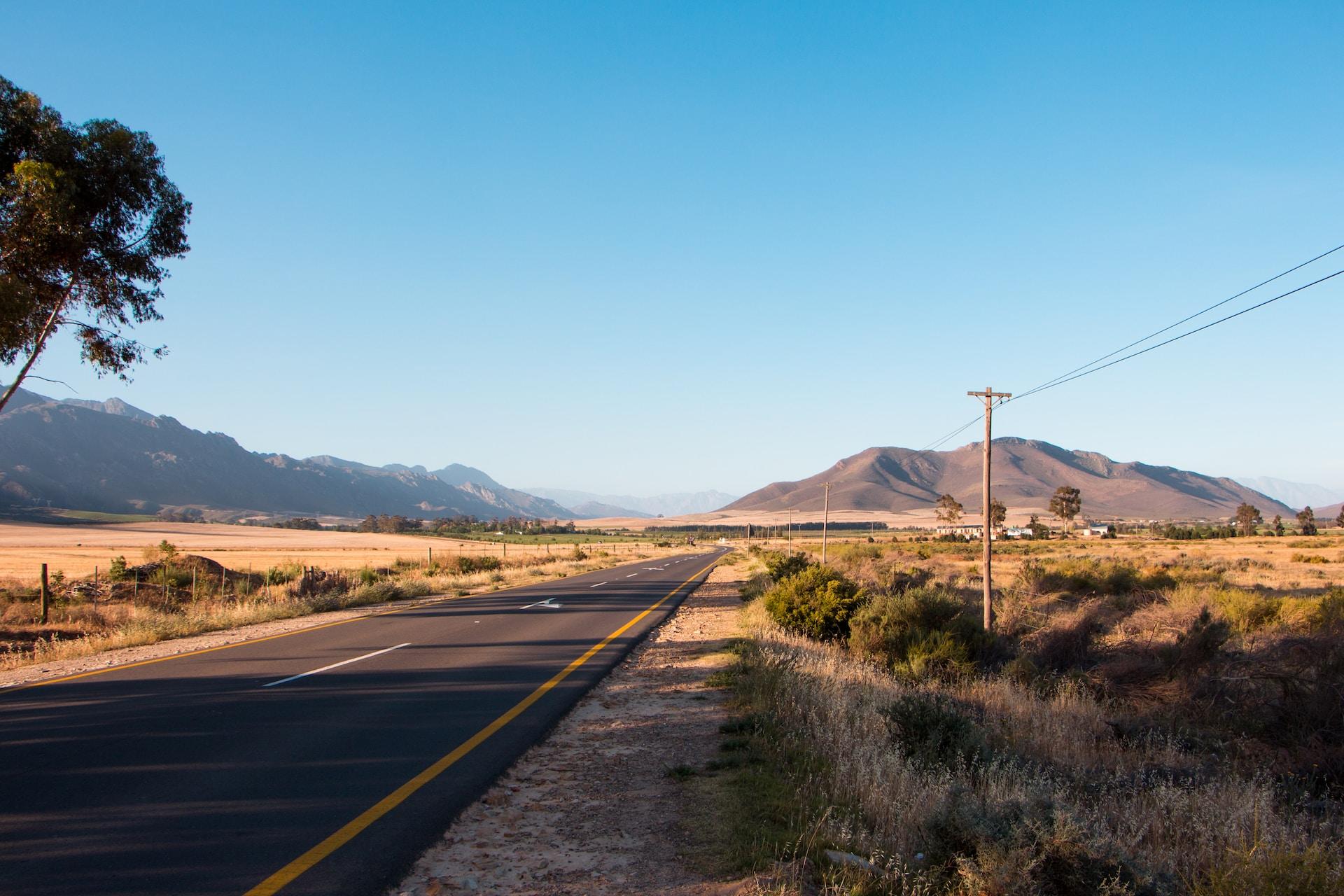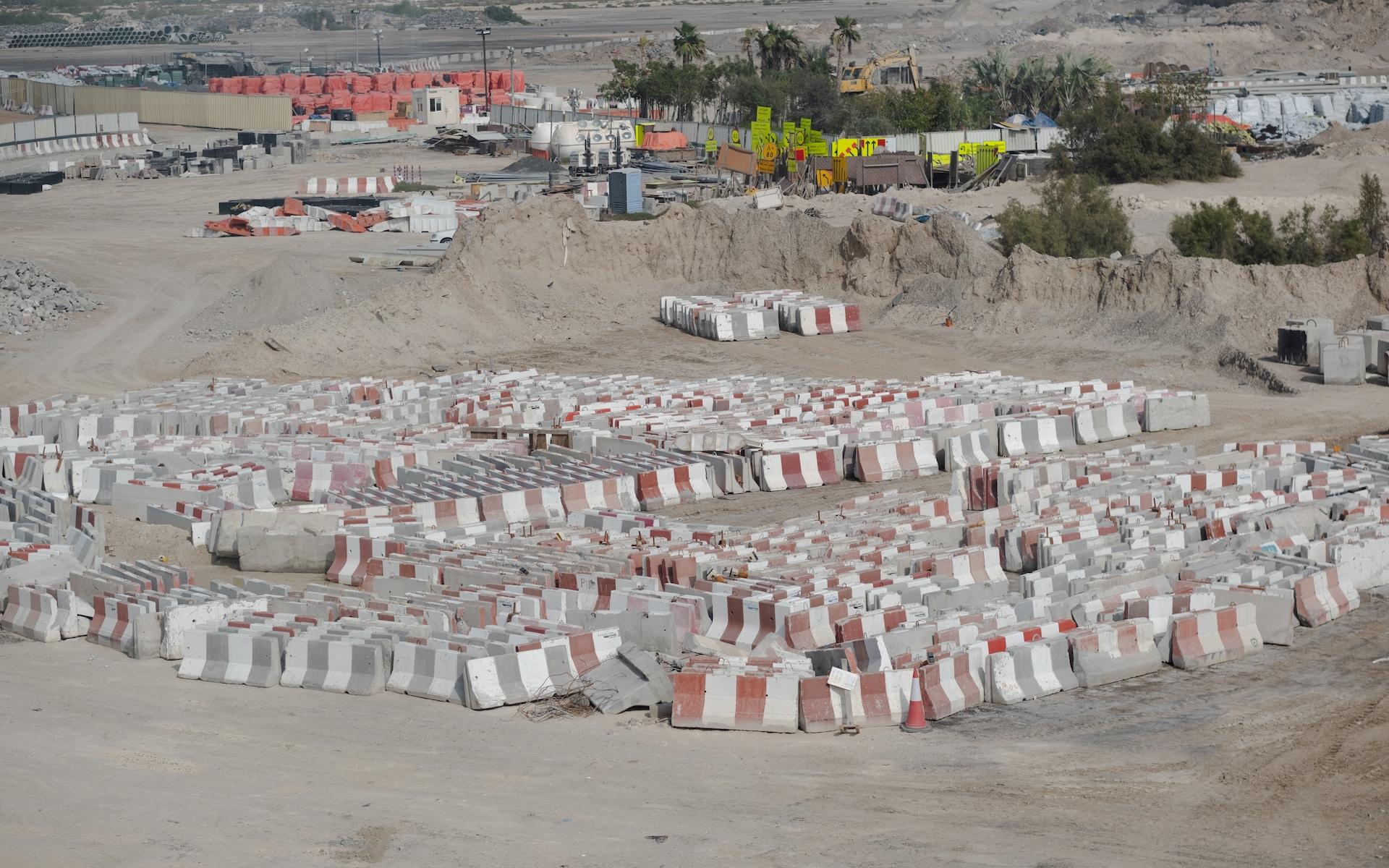When we talk about global finance and economics, we usually think of the World Bank and the International Monetary Fund (IMF). But there is a big change in our global economic landscape: the BRICS Development Bank. For many, this seemingly new financial and economic entity is unsettling. We have to wonder why.
BRICS, an acronym for Brazil, Russia, India, China and South Africa, has been around for 17 years. This alliance started as an investment initiative but it didn't take long for BRICS to become a geopolitical entity. In 2009, as the world reeled from the economic downturn, this group shifted their focus, emerging as a perceived World Bank challenger.
What does BRICS want? How will they get it? Do we need to worry? To answer those questions, we need to examine:
- the countries constituting BRICS
- how and why BRICS came to be
- what the BRICS guiding philosophies are
- whether BRICS poses a challenge to the World Bank
Anyone aware of geopolitical affairs might shudder at an alliance between five countries with presumably authoritarian leaders. And it doesn't help that one of them launched an unprovoked war of aggression a little over a year ago. The implication is that they will soon impose their worldview on us all. But that's the wrong way to look at BRICS.

Exploring BRICS Countries
Nothing happens in a vacuum. Everything builds on the historical record; the BRICS alliance is no different. The five BRICS countries share a painful past: colonisation by force and brutal suppression. You should already know about South African and Indian history as it is a part of ours. But do you know about the other three countries' cultural memories?
The Boxer Rebellion in China
We share a few history pages with China, too, most notably the Opium Wars and occupying Hong Kong. But every Western power got in on plundering China. The US claimed Shanghai and as far inland as they could go. Germany wanted the Northeast. The city of Qingdao still boasts fine European architecture from their occupation.
France claimed China's southern regions because they already had colonies in Vietnam; proximity made things convenient. Russia took all of Northern China and Britain took over the entire Yangtze Valley region. Ordinary Chinese citizens got fed up with foreigners taking their lands and riches. The uprising started in assorted locales; soon rebellions flared all over the country.
Outraged at their temerity, the Eight-Nation Alliance gathered to demand the Chinese Empress compensate them for their economic losses. They further demanded the right to occupy Chinese lands. But European dominance waned after the turn of the century, thanks to the World Wars. When their Japanese oppressors left, China closed itself off and remained isolated until 1978.

Portuguese Occupation in Brazil
Artefacts prove that Brazil was populated as long as 8000 years ago. But those tribes had no defences against the seafaring Western powers. After the Spanish ceded the territory, the Portuguese built their first settlement in 1532, initiating nearly 300 years of colonisation and slavery.
At first, agricultural products - particularly sugar, represented the colonisers' main interests. To work the cane fields, they imported millions of African slaves. And then, just as sugar yields started waning, gold discoveries re-energised Brazil's economy.
The Portuguese kept indigenous people and slaves subdued through various means. Still, tensions between different ruling factions provoked a split, which culminated in the Brazilian War of Independence. This battle forced Portugal to recognise Brazil as an independent nation in 1825.
Keeping Russia in Check
Russian history is long, bloody and grievous but, to be historically accurate, they instigated their fair share of battles and then some. That tide turned around the time of Napoleon's 1812 invasion. From then on, Russia has been unable to find footing on the world stage, not the least because of their own civil wars and uprisings.
The 1918 Treaty of Brest-Litovsk forced Russia to give up much of its fertile western lands and almost all of its coal mines. Four years later, Russia embraced communism and formed the Soviet Union. From then on, to one degree or the other, Western powers deployed containment strategies lest communism infect the wider world.
When the Iron Curtain came down, the World Bank and IMF conditionally agreed to make funds available for rebuilding. If Russia would sell off state assets and allow foreign investment and development, they would receive the promised funds. The ensuing economic shocks sent the Russian economy into a tailspin, causing an imbalance of power and representation.

Why a BRICS Alliance?
Many people wonder why BRICS nations don't simply fall in with existing finance and economic systems. That answer is simple. Despite their countries' riches and initial willingness to become equal global stewards, that would never happen. At best, they would be held to compliance. At worst, they would be colonised again, if only economically.
These countries’ histories don’t give them a pass on current conditions but they explain why BRICS nations prefer to partner with each other. Western oppression is a part of their national fabric. Western media brags about deploying containment strategies against them at every turn.
We're assaulted daily with reports of cutting China out of critical industries like chip manufacturing and access to technology. That's when China isn't being vilified for a host of other reasons. And the US seizing billions worth of Russian assets went even further - crossing the legal line, even according to that country's finance and legal experts.
We see these countries' past traumas in China's polite-yet-firm refusal to allow American technology infrastructure and social media to dominate their cyberspace. In Brazil's wholesale rejection of Bolsonaro's totalitarian tendencies. Even under Putin's aggrieved rantings, we hear echoes of past wrongs perpetrated against that country. For now, India is tolerated as a convenient buffer against China - another containment, and a wedge against Russia.
But the memory of colonisation is still a part of the Indian psyche. Seen from this perspective, it's little wonder that BRICS nations strive to limit their engagement with Western-run institutions like the World Bank and the IMF. It would be folly to subscribe to institutions run by countries that try to contain and gut them in ways legal and illegal.

BRICS vs the World Bank
Of the five BRICS nations, only China resisted the World Bank and IMF's Shock Therapy condition attached to development funds. This 'therapy' is a brutal economic transformation plan that entails subjecting a nation to a rapid-fire series of economic shocks. Destabilising the economy and the people to birth a market economy is the goal. Selling off state assets is a main feature.
That suggests that monied entities must be available to buy those assets; that's where foreign investment comes in. They don't make long-term loans or plan developments; it's a form of capture. As nearly all the BRICS countries endured this 'therapy' to one degree or the other, they vowed to take their Development Bank a different way.
Nobody should be angry at the World Bank and IMF. They provided economic and financial tools to develop the global economy we have today. They created opportunity zones and helped raise many countries' standards of living.
But BRICS offers a different way of doing things. For more than a decade, they've lent financial and human capital assistance to build disadvantaged countries' infrastructure. By all accounts, their investments and stimulus initiatives have proven successful. Countries on the African continent, long disfavoured by Western powers, have found the investment capital they need in BRICS.
It's rather telling that other countries shut out of the mainstream economy have signalled their interest in working with BRICS. These include Iran, Afghanistan, Egypt and Saudi Arabia, among many others. Not coincidentally, Western powers spend a lot of energy vilifying those countries, their heads of state and economies.
A few months ago, Chinese President Xi Jinping proposed a Global Civilisation Initiative. In it, he stressed how important common human values are. He laid out a framework to build this initiative on and declared its cornerstones should be peace, development, equity, and justice. He further affirmed that democracy and freedom are the common aspirations of all peoples.
He also stated that nations should be sovereign and that no entity - no nation or a World Bank, should dictate what a country must do to receive help. It's difficult to see this position as a challenge to the World Bank. But maybe it's a gentle rebuke.
These same values underpin every BRICS initiative, including the Development Bank. Member-countries may not all agree with everything their leaders do; China-India tensions are legendary. And China not contributing to Russia's war effort is equally telling. Still, the members contribute equally to the Development Bank, and all new admissions and requests must be jointly approved.
China may be the stablest and wealthiest of all BRICS nations but that country doesn't pull rank. More than 10 years of operation gives us plenty of data to evaluate. By all appearances, BRICS demonstrates the democratic organisation President Xi Jinping's Initiative proposes. Perhaps one day, BRICS may have equal influence, alongside global governance institutions.
Summarise with AI:
















